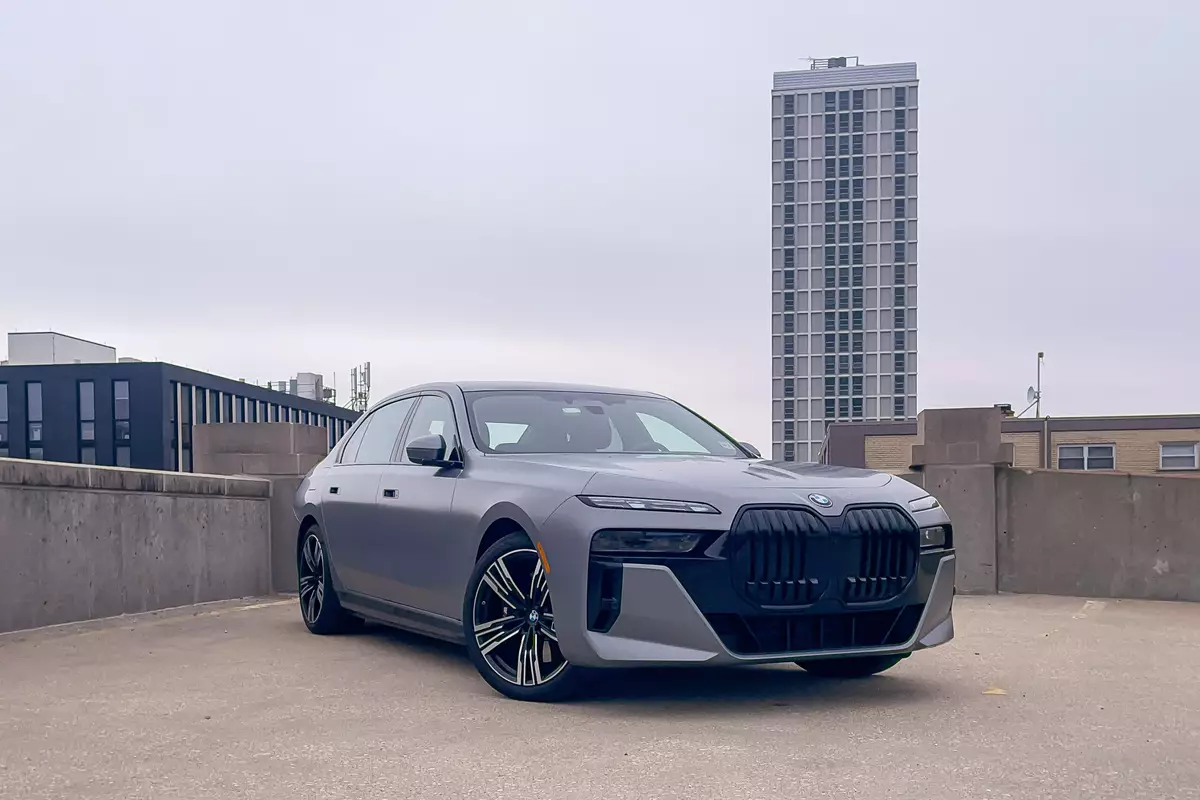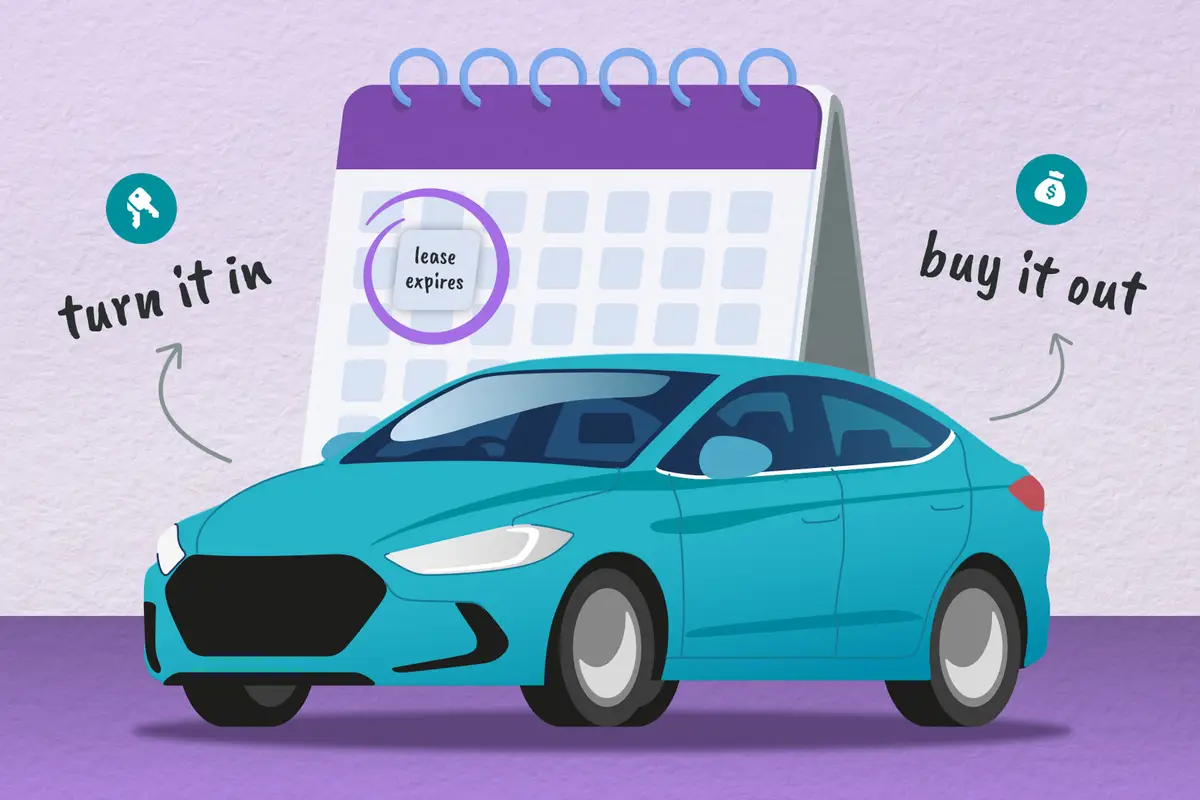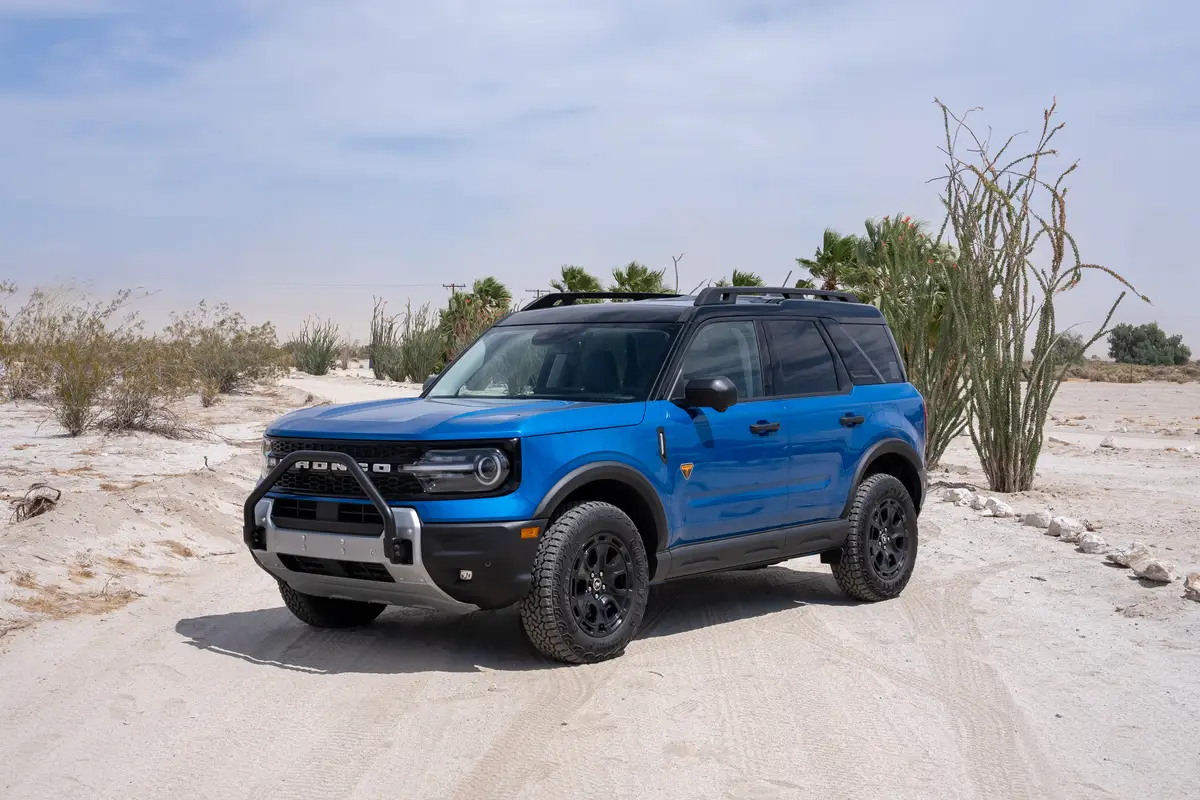Is the 2024 BMW 750e xDrive a Good Plug-In Hybrid? 5 Pros, 4 Cons

The BMW 750e xDrive is one of the few luxury sedans you can buy with a plug-in hybrid powertrain. Plug-in hybrids offer a bridge to buyers thinking about going fully electric, being able to operate solely on electric power for limited distances before switching to gasoline operation for longer distances. Introduced for 2024, the 750e arrived a year after BMW’s flagship sedan saw a complete redesign for 2023, when a new gasoline and fully electric version of the 7 Series (BMW i7) arrived in showrooms.
Related: 2024 BMW 750e Review: Riding in (Occasionally Silent) Style
But the 750e carries a hefty price premium over its gasoline-powered counterparts, and one that owners can’t expect to make up in fuel savings.
Cars.coms Brian Normille spent time getting thoroughly acquainted with BMW’s latest plug-in offering and found it to be a technologically advanced and well-appointed choice. But not all is perfect. Tap the link above for Normille’s expert review, or for a quicker rundown, read on for five things we like about the 2024 BMW 750e xDrive and four things we don’t.
Things We Like
1. Ride and Handling
Integral Active Steering is what BMW calls its optional rear-wheel steering system, and it does a commendable job of making this big luxury sedan easier to maneuver and park while helping deliver sharper handling and response at higher speeds. Combined with its adaptive air suspension, the 750e delivers an impressively smooth and absorbent ride while remaining composed with little body lean in corners.
2. Power to Go
A turbocharged 3.0-liter six-cylinder engine is combined with an electric motor contained within an eight-speed automatic transmission for a total of 483 horsepower and 516 pounds-feet of torque. That’s enough for a manufacturer-claimed 0-60 mph of 4.6 seconds, aided by a Boost mode that adds a bit more power for short periods. But a hefty curb weight of 5,635 pounds means the 750e feels more substantial and solid than sporty. All-wheel drive is standard.
3. Impressive Fuel Economy
When operating solely on electric power, the 750e returns an impressive EPA rating of 65 mpg-equivalent. That’s impressive mileage for any large luxury sedan. Fuel mileage drops to 25 mpg once the gas engine is engaged, which is actually less than most other versions of the 7 Series. That makes it critical to keep the battery charged for maximum mileage.
4. Interior
BMW chose a more traditional look for the interior of the 750e, unlike some PHEVs and fully electric vehicles. Materials are more eco-friendly than other 7 Series variants, but you’ll also find gorgeous Marino leather upholstery combined with a modern and clean design and lots of tech features. Options can take things to the next level and include an Alcantara simulated suede headliner, a Panoramic Sky Lounge LED roof, and automatic opening and closing doors.
5. Digital Domination
A configurable 12.3-inch instrument cluster and 14.9-inch center touchscreen provide a wealth of information, with vivid graphics and lots of customization options. Almost bordering on information overload, the infotainment system is well organized and presents options by category to simplify operation. There are even touchscreens mounted on the rear doors to give passengers in back their own climate and audio functions.
Things We Don’t Like
1. Heavy Hitter
Weighing in at a hefty 5,635 pounds, the 750e is no lightweight and is in fact 476 pounds heavier than a gas-powered 740i xDrive with AWD. While the potent powertrain and adaptive suspension mask the weight gain well, there’s no getting around that the 750e feels heavy on the road. The added weight also extracts a penalty in fuel efficiency and acceleration.
2. Slow Electric Mode
Acceleration is decent when the gasoline engine and electric powertrain are working together, but that’s not the case when the 750e is in electric mode. With just 194 hp and 207 pounds-feet of torque, the motor works hard to propel the beefy 750e on its own and feels sluggish compared to when the engine is running. Its 33 miles of range are comparable to some other luxury PHEV alternatives, but the Mercedes-Benz S580e — its most direct competitor — can travel an estimated 46 miles on electric power.
3. Knobs, Please
The tech-heavy cabin controls are mostly easy to navigate, but we wish BMW had stuck with physical climate controls instead of relegating those to the touchscreen. Physical controls are just easier to identify and operate underway and remain the safer choice.
4. Price Premium
With a starting price of almost $108,000, the 750e does not come cheap and carries a substantial premium compared to a base 740i with a gas engine. With some pricey options, our test car came to over $135,000 (all prices include destination). Make no mistake, the 750e is an impressive car, but it may be that a 740i is a more affordable and better all-around choice for many buyers, especially those who don’t want to deal with a power cord.
Related Video:
More From Cars.com:
- 2023 BMW i7 Review: Smooth Operator, Tricky Technology
- BMW Gives More Electric Options for 2024 i4, 7 Series Lineups
- BMW Unveils 2024 i7 M70 xDrive, Most Powerful EV BMW Has Ever Produced
- 2024 BMW i7: New Trims Bracket xDrive60, Starts at $106,695
- 2023 BMW XM Review: Indulge if You Dare
Cars.com’s Editorial department is your source for automotive news and reviews. In line with Cars.com’s long-standing ethics policy, editors and reviewers don’t accept gifts or free trips from automakers. The Editorial department is independent of Cars.com’s advertising, sales and sponsored content departments.
Featured stories




